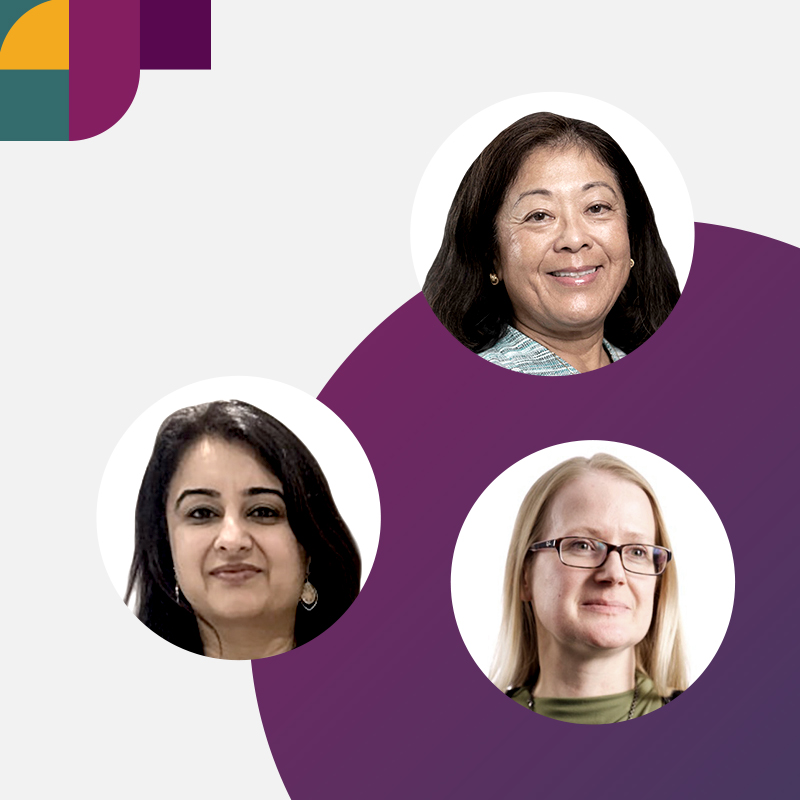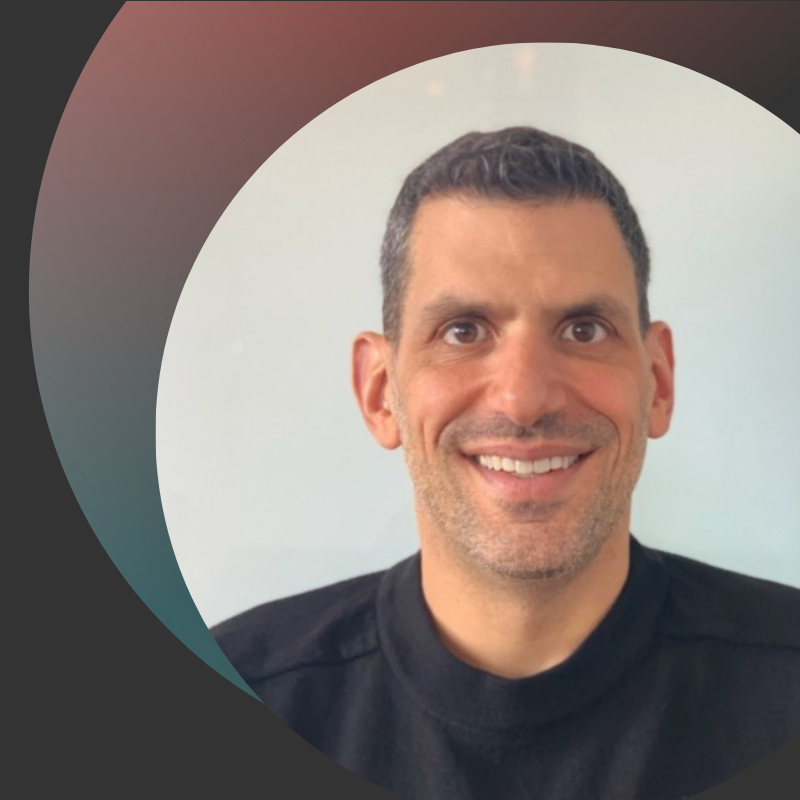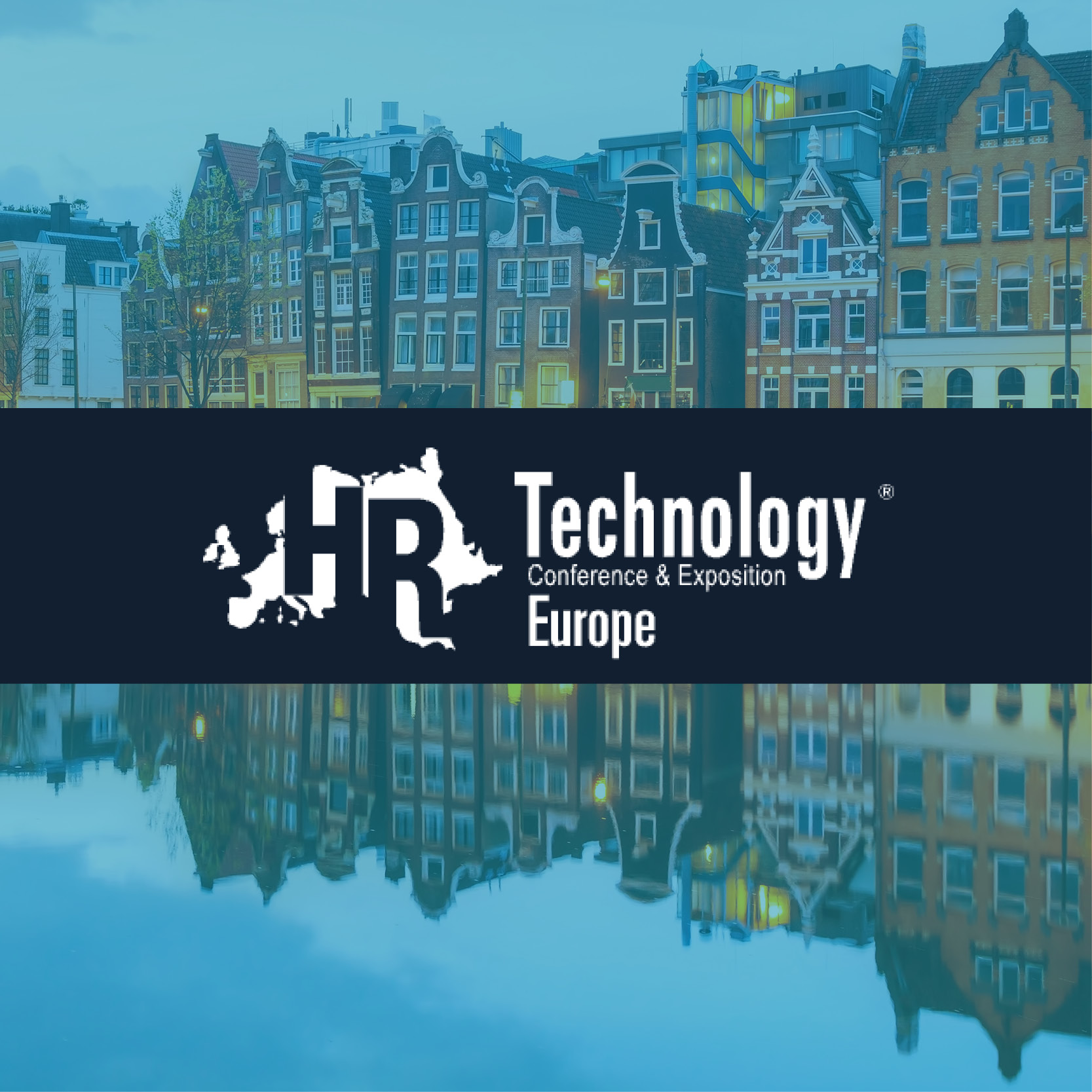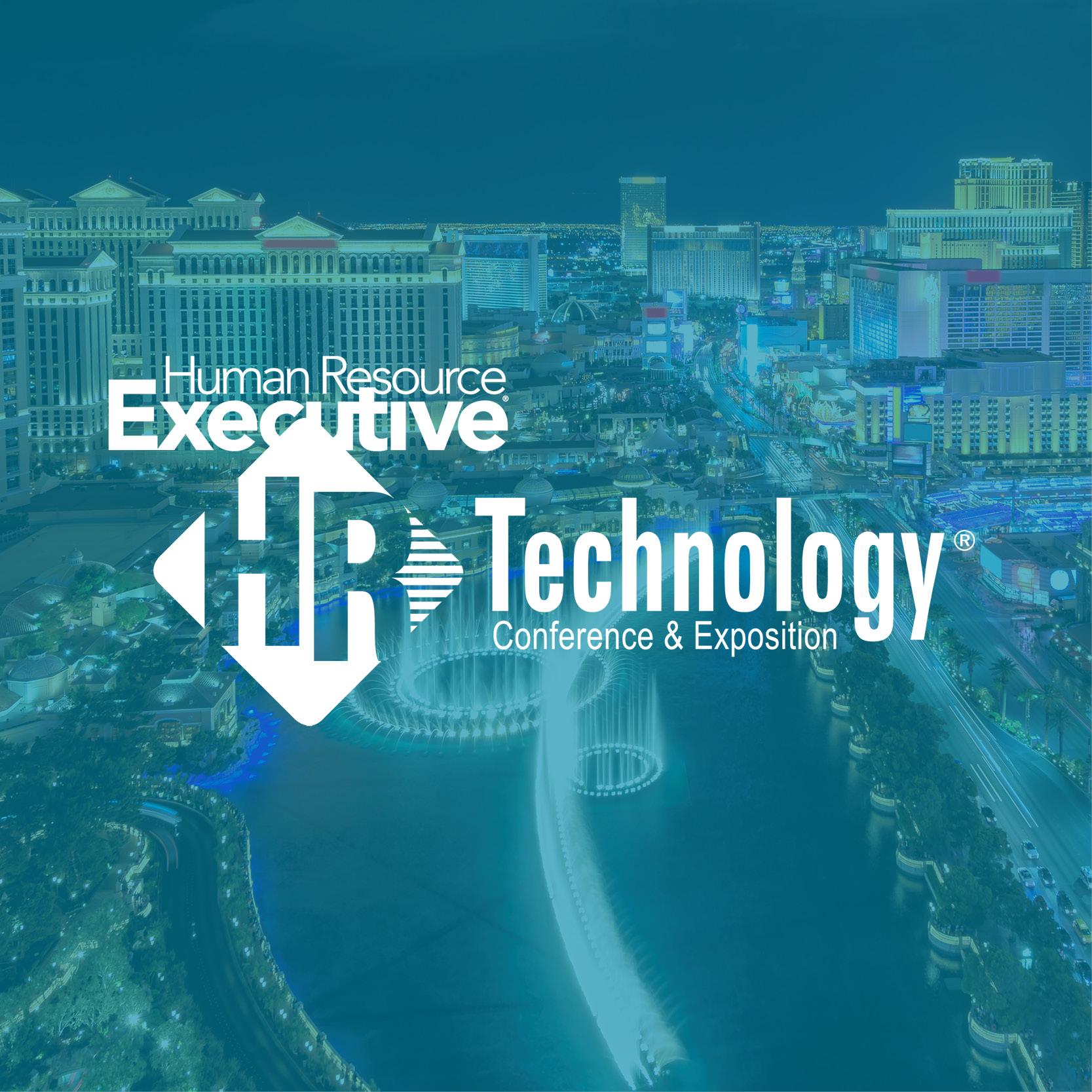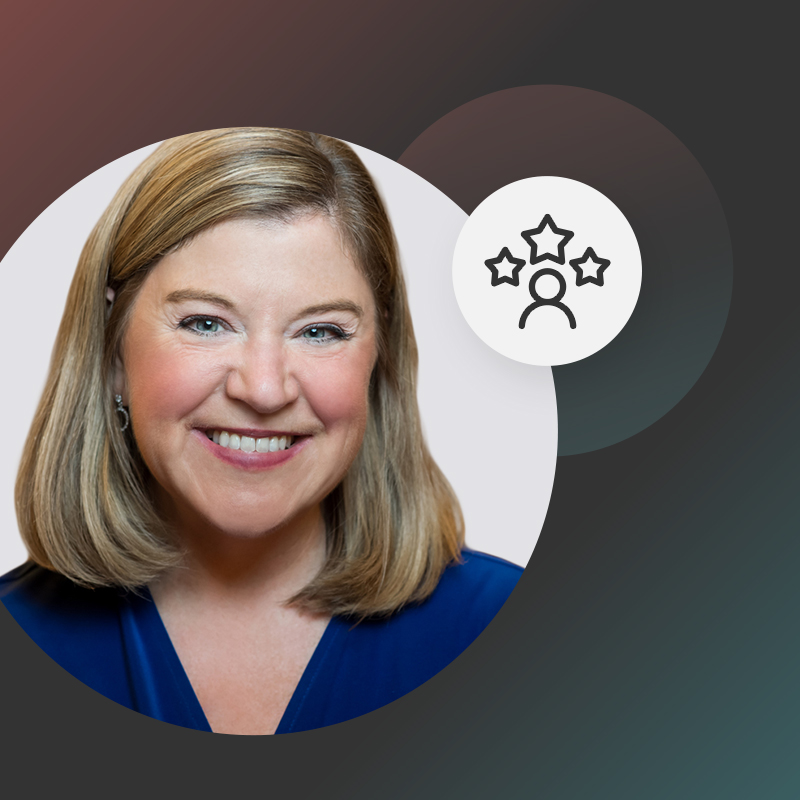Tracey Newell, President of Informatica, an enterprise cloud data management software company, started to seriously consider the impact of OKRs on company-wide performance and engagement after reading John Doerr’s book, Measure What Matters. Newell knew that companies must constantly change and evolve to keep up and stay at the top of their industry.
When the global pandemic hit, companies experienced a sudden shift to virtual work, and a ubiquitous adjustment to the new norm. With everyone trying to understand the implications of these major changes, Newell found that Informatica needed to reimagine, replan, and rebound. According to Newell, “OKRs played right into that—it couldn’t be a more important time to have everyone aligned at all levels with Objectives and Key Results.”
Transformational change within an organization
As Informatica made the swift transition to virtual work, Newell found herself looking again to Measure What Matters. “It’s all about how companies have used objectives and key results to achieve 100% alignment. I believe everyone comes to work every day wanting to do a good job, but they also want to know what the President, CEO, the C-suite is thinking about. What’s most important to them in this moment?”
She understood that working completely remotely was a transformational change that needed to be met. Informatic started using the Betterworks platform to achieve 100% alignment from the top-down or bottom-up—so that everyone could work together, apart.
Introducing OKRs company-wide
Onboarding Informatica to Betterworks was a matter of getting everyone on the same page—literally. Newell started the process of having her direct reports aligned on the vision of OKRs by having them read Measure What Matters. Most of the direct reports were inspired; they wanted their teams and direct reports to read about the transformative power of OKRs as well.
Newell then made it a point to lead by example and set her objectives first through the Betterworks platform. She worked with her direct reports to achieve alignment on their OKRs, so they could set them with their teams and individual contributors at the next level-down and so on. The feedback was positive from everybody.
Adopting a new tool, new platform
The concept of adding yet another tool into an organization can feel daunting or impossible. For Newell, however, it was clear that in order to execute a new process, especially virtually, she would need a tool to reinforce that change. “Everybody comes to work wanting to do the right thing, but you’re asking people to work differently. I liked that the Betterworks platform is an enabler to help every employee stay aligned. The real change happens in figuring out how to get the tool set up correctly and get the change accelerating. Myself and the leadership team worked with the Customer Success team at Betterworks and it was amazing.”
Newell’s direct reports were able to bring their knowledge of OKRs and the Betterworks platform to their teams to implement. The effect was a cascading alignment of goals that connected to the OKRs set by Newell’s and her leadership team.
Tying the organization and individual goals together
Newell selected Betterworks because of the platform’s ability to reach individual contributors. “You can’t set goals at a president or CEO level that are going to apply to every single person in the organization. It’s not possible because everyone has a different job to do.” Newell said that goal-writing was one of the best exercises for her leadership team.
“As a CEO, creating your OKRs is a really great check point. If my goals as the leader don’t roll right off my tongue, how can I expect anyone in the organization to be working on the right things? It’s so important as leaders to be transparent and communicative about what we want.”
Aspirational goal setting
OKRs are meant to be aspirational. Successful, innovative organizations don’t set goals that are layups; they work toward stretch goals. Newell recalls that learning about OKRs was a refreshing, needed change from working with MBOs (management by objectives), which tie individual contributor’s goal-meeting to compensation. Tying goals to compensation results in low-bar setting as everyone wants to succeed and to earn more.
Shifting the mindset from MBOs to OKRs was a big part of Informatica’s change management. “We all know that companies today that excel do so because of innovation—and that comes from setting aspirational goals and stretch targets. Leaders need to give people permission to experiment, aspire, and to fail. It’s a key differentiator of OKRs vs. MBOs.”
But if OKRs aren’t tied to compensation, how does leadership provide clarity into bonuses? Newell pointed out that compensation is not the only way to drive change within an organization.
“If you hire the right people, they will come to work wanting to make a change and want to win. Yet they need to know what winning looks like and you have to provide clarity on that. With that said, there is an element in the Betterworks tool around driving recognition for people that are doing the right thing and stepping up.” Ultimately, change happens through aspiration, support and transparency, and rewarding folks who are doing something right.
The power of coaching, feedback, and recognition
According to Newell, the sun rises and sets on the front line manager. Front line managers often have one of the hardest jobs in a company—they have the most direct reports. For Newell, anything she can do to make that person more productive and impactful in coaching their team is of great importance. “The CFR (coaching, feedback, recognition) piece built into Betterworks software is critical to Informatica. It’s low touch and does not create overhead.”
People don’t like to fail and not hit their goals. It takes example-setting from leadership, continuous conversations, and feedback versus penalizing. How do we solve this or what can we do differently? At Informatica, “It’s the example from leaders that they’re here to solve, to advise, to support. Not hitting an OKR is not failing—its learning.”
Investing in clarity, alignment, transparency, people
“Deciding to use Betterworks was the easiest investment that I’ve made in a long time because going through the significant changes due to the global pandemic presents an opportunity. You have a chance to reimagine as a company and think about how you can come out stronger to rebound in a way that puts you ahead—and that’s what OKRs do for you. It drives differentiation for our company. We put people first; this is helping everyone to align and move faster.”
OKRs are not something leadership asks people to do in addition to their work. Instead, they’re designed to provide clarity and to completely align everyone front the top level down. Teams want to be aligned to what the leaders are trying to drive. When there’s a lot of uncertainty, employees need more transparency and clarity than they’ve ever had.
“Employees inside your company are your most important asset. Yet, they don’t always know what’s in our head as leaders. Now, in particular with being virtual, there’s no more important time to harness your workforce, align on goals, and come back stronger, resilient and, more powerful as a company.”
Access an exclusive interview with Tracey Newell as part of Betterworks 2020 Global Summit.

